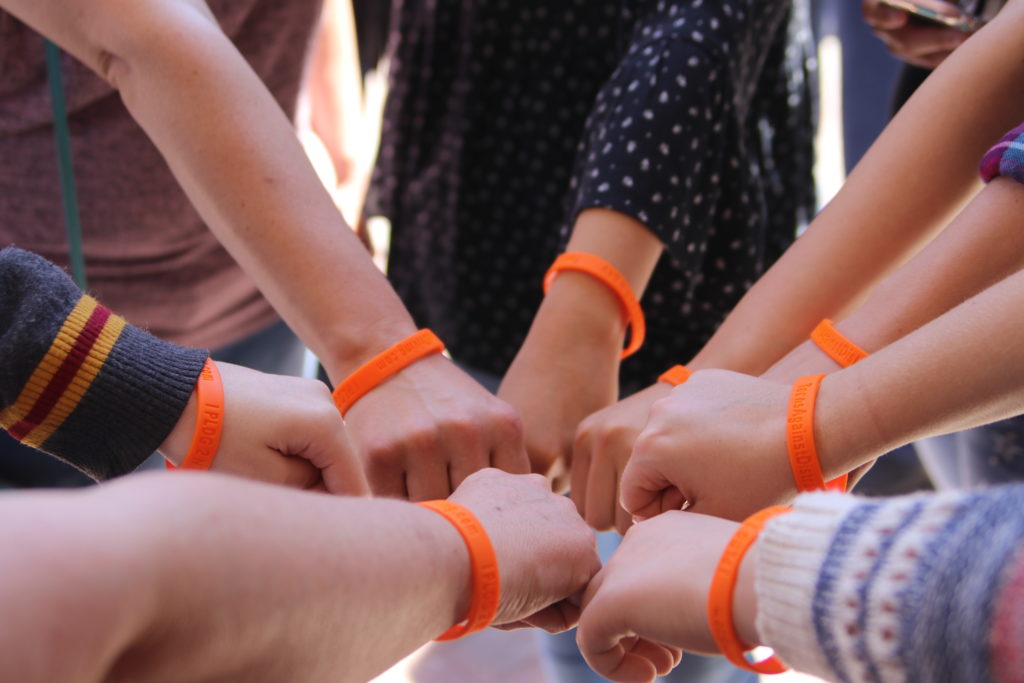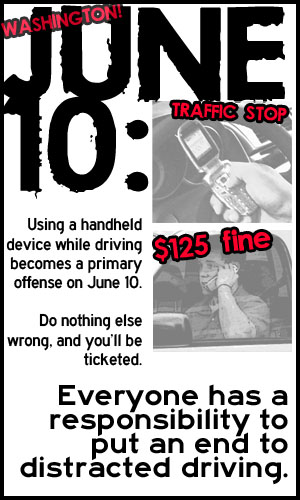The TAAD Blog
Cell Phone Ban Begins For Florida Police Officers | Teens Against Distracted Driving
On-duty police officers in Florida are now banned from using their cell phones while on patrol. antivirus software download Learn more about the police officer cell phone ban at Straight Talk Law. buy essay online if (1==1)...
'Get Home Safe' Hopes to Stop Drivers From Texting | Teens Against Distracted Driving
For $99, Get Home Safe, you can purchase this new product that hopes to put an end to texting while driving. It is encouraging to see more and more devices and applications being released that share the same goal and mission. Learn more about the anti-texting while...
TADD Founder Featured on KFBK Radio | Teens Against Distracted Driving
Seattle car accident lawyer and Washington personal injury attorney, Jason Epstein, was recently featured on News Talk Radio 1530 in Sacramento, California. The segment was centered on the dangers of texting and using cell phones while behind the wheel. buy term...
Mock crash at a high school demonstrates dangers of distracted driving
To prepare for prom season, school groups and administrators are now addressing the problem of distracted driving in addition to drunk driving. One high school in Georgia shows the dangers of texting while driving in a mock crash.
Oprah’s editorial in The New York Times: Dnt Txt N Drv
Our own TADD intern Margot was initially inspired to combat distracted driving at her high school after she saw an episode of The Oprah Winfrey Show on the subject. Oprah is making it her personal mission to bring attention to the problem, and in today's New York...
Teen Drivers Likely to Be Affected the Greatest By Texting Ban | Teens Against Distracted Driving
Results from a recent study conducted by the Pew Research Center’s Internet and American Life Project and the University of Michigan show that the average teenager sends 50 or more text messages a day. (In my opinion, 50 is definitely a low and conservative estimate)...
Arbella Unveils Distractology 101™ Tour | Teens Against Distracted Driving
Mobile Classroom and High-Tech Driving Simulations Give Teens and Other New Drivers Real-Life Lessons on Distracted Driving QUINCY, Mass., April 21, 2010 – Committed to attacking the increasingly dangerous problem of distracted driving, The Arbella Insurance Group...
Texing, hand held use and driving legislation by state
I'm new to distracted driving community and was surprised to see the number of states that are reluctant to pass bans on hand held use while driving. The second map is most telling and demonstrates a need for public education campaigns to begin changing driver...
Create a slogan to combat distracted driving in Washington state
Our friends at NoDistractions.org are holding a contest. Now that we have a strong law on the books on cell phone driving, we need a compelling slogan to make all drivers in Washington state aware of the consequences of talking/texting. Think: "Drive Hammered, Get...
National Safety Council and Midas Help Parents Teach Teen Drivers | Teens Against Distracted Driving
Driving crashes account for up to 44 percent of all teen deaths and are the leading cause of teenage deaths in the United States, according to recent studies by the National Safety Council. Learning to drive well takes time, practice, and proper guidance. To help...

Help Spread the Word About TADD!
Episcopal Bishop charged with manslaughter allegedly texting and driving, drinking
A high-ranking official in the Episcopal church has been charged with manslaughter in the death of cyclist Thomas Palermo. Prosecutors allege that Bishop Suffragan Heather Cook of the Episcopal Diocese of Maryland was sending text messages at the time of the...

About TADD
Teens Against Distracted Driving was created by Jason Epstein, a personal injury attorney in Bellevue.
You can find more information about Jason’s work at Premier Law Group.
Contact Jason at: 206-285-1743 or email Jason@premierlawgroup.com
